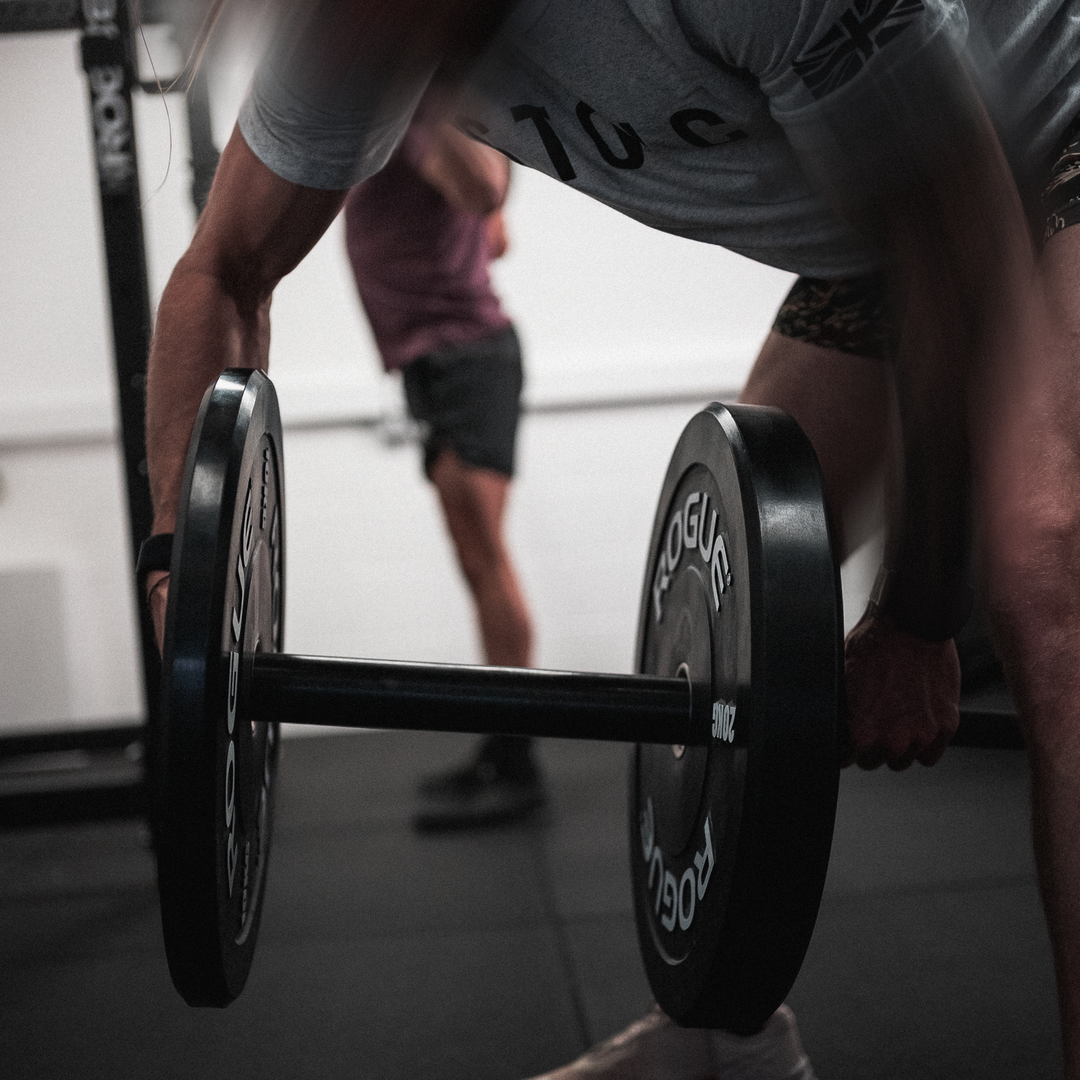3 SUPPLEMENTS TO ENHANCE YOUR CONDITIONING

Much like supplements helping in the pursuit of strength, there are times that we can utilise supplements to help support and improve our adaptations to conditioning training. Before we delve into things it’s worth noting again that supplements should not replace making sure the basics are covered like getting enough quality sleep, having a highly nutritious diet suited to your needs and goal and consistently executing an intelligent training plan with patience. Supplementation should be viewed as the final 5% of an overall plan.
The three foundational supplements we have discussed before should also be in place before adding more items to your list. These three will help improve your energy production, sleep and recovery which will allow you to continue to make improvements in your training. A good strategy for adding in supplements to your regime is to be steady on the foundational three for a minimum of two weeks and then introduce one supplement per week to measure if it’s having an affect on your performance or not.
Below we will lay out our top three supplements for helping with conditioning training.
Creatine Monohydrate
Creatine is not a supplement that is really considered when it comes to helping build endurance but that is due to poor understanding of how this highly researched compound actually works, coupled with more of the marketing being pushed towards the muscle building and strength demographic.
In terms of improving conditioning, creatine has been show to decrease recovery time needed during repeated intervals and an increase in power output in lactate threshold training. Improvements in speed, power and running economy will translate into better performances at long distances by boosting VO2 Max and recovery from training stimuli. Another bonus for long distance training is creatine’s effect on collagen, bones and connective tissue repair and growth – a factor that causes many athletes to stall or regress in their training.
People sometimes have worries that the increase in overall mass will decrease their endurance (based on having to carry more bodyweight around on runs). This concern is generally unfounded as the increase in mass is usually quite small in a calorie controlled setting (2-4 lbs over 8-12 weeks) and would also be accompanied by increase in muscle efficiency, muscular power and strength coupled with accelerated fat loss so more often than not the weight gain/loss evens out.
Our recommended dosages for creatine are roughly 5 grams a day. You don’t need to go through a loading phase and you don’t need to cycle off of creatine at any point. Make sure the creatine is dissolved fully in whatever you are drinking it with. Creatine is best absorbed in the presence of insulin so for added benefit take your creatine with something that will stimulate insulin (almost any carbohydrate or protein).
Beta Alanine
Beta alanine essentially acts as an anti-fatigue agent. Beta alanine is an amino acid derivative and has been shown to increase intramuscular carnosine content which prolongs your peak performance and allows your muscles to contract with more force.
Beta alanine has the ability to buffer hydrogen ions out of your working muscles, lowering the acidity level in the muscle (stabilising pH) which reduces the perception and feelings of fatigue. This will allow you to perform at higher intensities for longer leading to enhanced maximal work capacity and endurance performance.
Our recommended dosages for beta alanine are around 3-8 grams per day. We recommend splitting this dosage to reduce the effects of parasthesia (a tingle or prickly heat sensation). These side effects are completely risk free apart from being uncomfortable. This supplement can be taken in conjunction with creatine.

Caffeine
Simple and easy to use and providing huge benefits for multiple areas of training. Caffeine has positive affects on strength training, endurance training, time to exhaustion, sleep deprivation, focus, motivation, blood sugar and as a supplement it has been studied almost as much as creatine.
For conditioning improvements, caffeine has shown performance increases for athletes in long duration sessions, peak power output tests and repeat bouts of intervals. It helps with fat oxidation as well so helps you utilise fat as a fuel source more readily and allows you to managed body weight easier. It also delays the onset of fatigue and reduces perception of pain sensations, allowing you to train harder and for longer. It also helps you recover faster from training exposure, making it effective for days where you have to train multiple times.
Our recommended dosages for caffeine depend on a few factors. If you are not a regular coffee drinker then caffeine will affect you more than someone who does drink coffee. We always recommend assessing tolerance to caffeine away from any training or event.
The best dosage is in the range of 3-6mg per kg of bodyweight depending on tolerance. In terms of coffee consumption this translates to roughly 2 cups for an 80kg athlete. Due to the delay in caffeine getting absorbed into your blood and crossing blood brain barriers we suggest consuming of 30-60 minutes before training or your event.
Supplements to avoid
Try to avoid shelling out for supplements aimed at conditioning that have the words ‘proprietary blend’ on the label. Commonly these blends will not actually contain enough of the substances on the label to have any affect on your body (not to mention that the industry is vastly unregulated so most of the time there is very little of what is on the labels actually in the supplement).
We have been purposefully minimalist in our choices and given the biggest bang for buck supplements. Make sure you’re hammering the basics, being consistent and patient and your effort will pay off.




